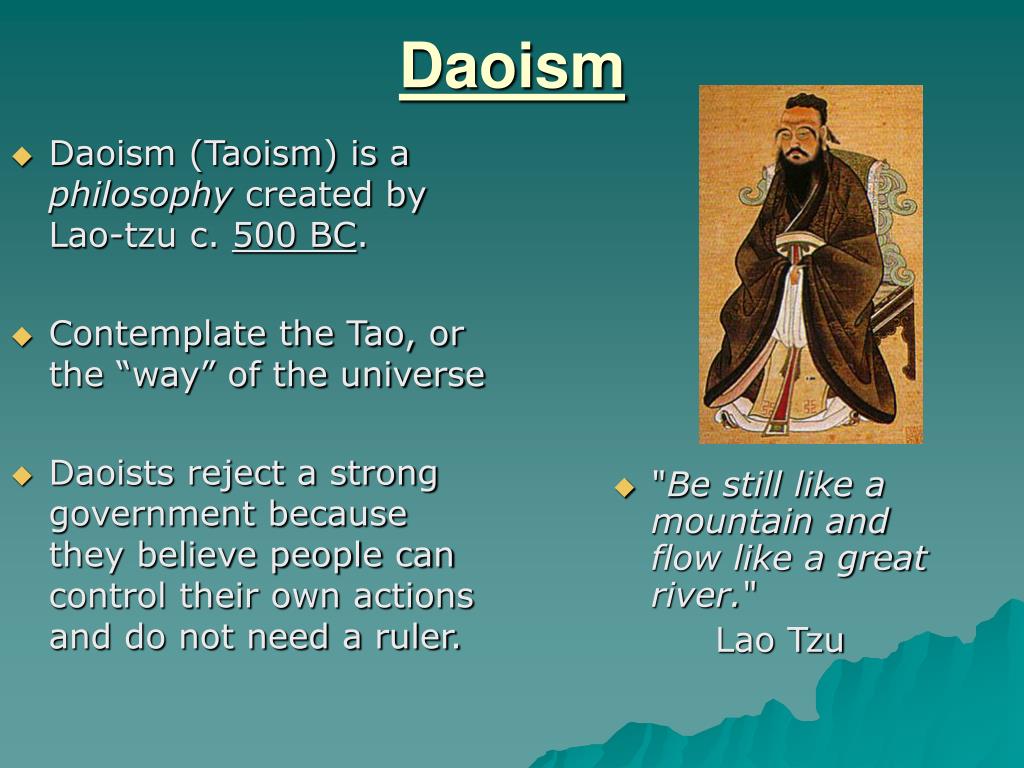The explosion in AI has led many to speculate about how it will impact our lives. Will I lose my job? Will it erode our rights? Will it worsen inequality? But perhaps to understand the present, we should analyse the unique role technology has played in our economic and social relations. Assistant Professor Matthew Shafer argues we need to re-engage with Marx and Engels’ dialectical materialism to fully understand not what AI does, but the possibilities it creates. The phrase “Marxist theory of technology” typically suggests images of factories, machinery, and automation—the mechanization of economic production, from the steam-engines of nineteenth-century textile mills to the computerized assembly-lines of contemporary automobile plants. The continual technological transformation of economic processes enabled the exploding wealth of capitalist societies in the decades before Marx’s time, just it has reshaped them in the century and a half since. In “Machinery …
Read the full article which is published on IAI TV (external link)






